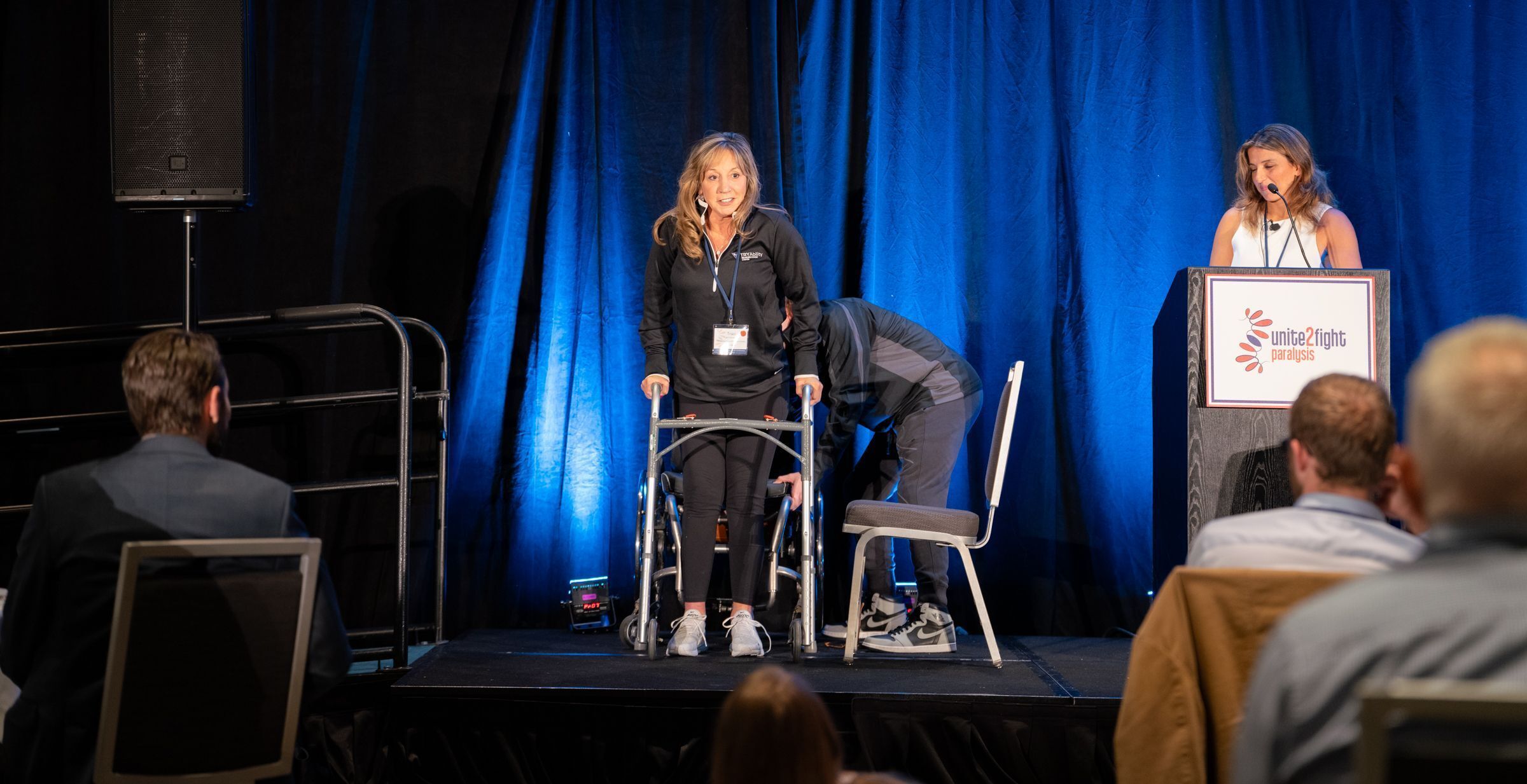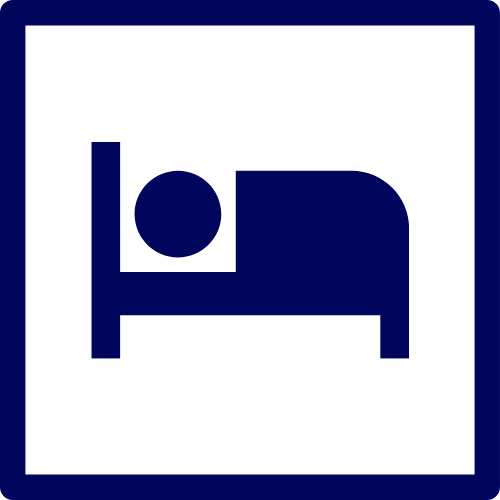
Ann Van de Winckel, PhD, MSPT
Assistant Professor, Medical School of the University of Minnesota; Director, Brain Body Mind Lab
Abstract
The Effect of Improving Body Awareness on Sensorimotor Function and Neuropathic Pain in Adults with Spinal Cord Injury.
Adults with spinal cord injury may have reduced sensation and movement below the level of the spine lesion, but the brain also has trouble finding where those body parts are in space, or how those body parts relate to other body parts. Being aware of where the body is in space is very important to recover motor function. The brain needs to know where the knee, the ankle, the foot, etc. are to give the right commands to the muscles to move.
Moreover, my research and others have shown that the brain areas responsible for body awareness are also responsible for pain perception. I observed in our research studies that the moment adults with SCI understand again where their body is in space, neuropathic pain goes down, spasms go down, and the potential to feel and move again occurs.
During this presentation, I will cover how mental body representations (body awareness and visuospatial body maps) relate to sensation and movement in the brain. I will also show videos and research data on how mental body representations can be improved with a physical therapy approach called Cognitive Multisensory Rehabilitation (CMR), or with a mind-body approach from Traditional Chinese Medicine, called Qigong.
Funding: NIH/NCCIH R34 AT012369-01, Paralyzed Veterans of America Research Foundation Grant #3187, Minnesota Spinal Cord Injury and Traumatic Brain Injury Research Grant Program 00100832, Internal Grant Medical School Academic Investment Research Program (AIRP), Departmental funding.
Publications:
- Van de Winckel A, Carpentier ST, Deng W, Bottale S, Zhang L, Hendrickson T, Linnman C, Lim KO, Mueller BA, Philippus A, Monden KR, Wudlick R, Battaglino R, Morse LR. Identifying Body Awareness-Related Brain Network Changes After Cognitive Multisensory Rehabilitation for Neuropathic Pain Relief in Adults with Spinal Cord Injury: Delayed Treatment arm Phase I Randomized Controlled Trial. Neurology. 2024. (Revise Resubmit) + published on medRxiv. 2023, doi:10.1101/2023.02.09.23285713. Website link: https://www.medrxiv.org/content/10.1101/2023.02.09.23285713v1
- Van de Winckel A, Carpentier ST, Deng W, Zhang L, Philippus A, Monden KR, Battaglino R, Morse LR. Feasibility of using remotely delivered Spring Forest Qigong to reduce neuropathic pain in adults with spinal cord injury: A pilot study. Front Physiol. 2023;14:1222616. doi: 10.3389/fphys.2023.1222616. PMID: 37719467; PMCID: PMC10500194. Website link: https://www.frontiersin.org/journals/physiology/articles/10.3389/fphys.2023.1222616/full
- Van de Winckel A, Carpentier S, Deng W, Zhang L, Battaglino R, Morse L. Using remotely delivered Spring Forest Qigong™ to reduce neuropathic pain in adults with spinal cord injury: protocol of a quasi-experimental feasibility clinical trial. BMC Pilot Feasibility Stud. 2023;9:145. doi:10.1186/s40814-023-01374-3. PMID: 37608389; PMCID: PMC10464017. Website link: https://pilotfeasibilitystudies.biomedcentral.com/articles/10.1186/s40814-023-01374-3
- Van de Winckel A, Carpentier S, Deng W, Bottale S, Hendrickson T, Zhang L, Wudlick R, Linnman C, Battaglino R, Morse L. Identifying Body Awareness-Related Brain Network Changes After Cognitive Multisensory Rehabilitation for Neuropathic Pain Relief in Adults With Spinal Cord Injury: Protocol of a Phase I Randomized Controlled Trial. Top Spinal Cord Inj Rehabil. 2022;28(4):33–43. doi; 10.46292/sci22-00006. PMID: 36457363; PMCID: PMC9678218. Website link: https://www.ncbi.nlm.nih.gov/pmc/articles/PMC9678218/
Bio
Dr. Ann Van de Winckel, PhD, MSPT is Assistant Professor in the Division of Physical Therapy and Rehabilitation Science, Department of Family Medicine and Community Health, Medical School, at the University of Minnesota.
She is the Director of the Brain Body Mind Lab where she studies brain mechanisms underlying mind and body interventions that improve body awareness, including cognitive multisensory rehabilitation (CMR), a physical therapy approach, and Qigong, a gentle mindful movement practice from Traditional Chinese Medicine, to improve health and daily life function in people with chronic neurological conditions and/or chronic pain.
She has published over 40 papers. She received numerous grants from various funding sources, including a NCCIH-R34 grant “HAPPINESS project: cHAnging the Perceived Pain INtensity in divErSe populations with SCI: A feasibility study”, which is a feasibility study of Qigong in adults with SCI-related neuropathic pain, emphasizing adults of diverse backgrounds.
Brain Body Mind Lab website: https://med.umn.edu/familymedicine/research/programs-centers/rehabilitation-science/labs/brain-body-mind-lab






















